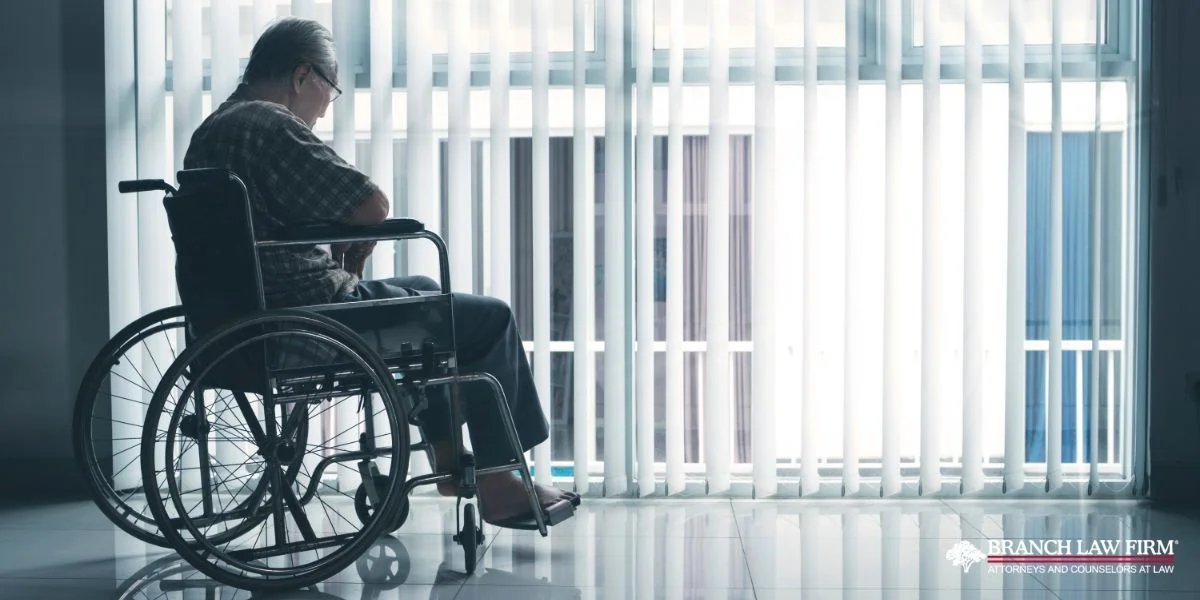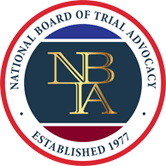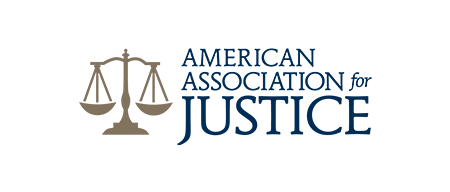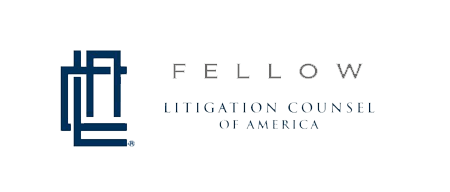It’s often difficult to grasp how frequently nursing home abuse occurs due to the large portion of incidents that go unreported, but even the known New Mexico nursing home abuse statistics may be unpleasantly surprising. If you’re concerned about the treatment of your older relative, speak with a nursing home abuse lawyer who can discuss the options you have to ensure your relative is taken care of and the routes you can take to hold abusive parties responsible.
What Is Nursing Home Abuse?
Nursing home abuse is the mistreatment of elderly patients within assisted living facilities at the hands of the staff or other patients. The larger phenomenon of elder abuse extends beyond just nursing home facilities and can, in fact, occur anywhere, by anyone– including the elderly person’s family members along with nursing staff and other residents.
Elder abuse can take many forms, with multiple types of abuse often occurring simultaneously, such as physical violence or mistreatment, emotional (verbal) abuse, sexual abuse, financial exploitation, neglect, and self-neglect.

Signs and Consequences of Elder Abuse
Warning signs of physical abuse include unexplained bruising, cuts, pressure marks, burns, broken bones, etc. Physical, emotional, or sexual misconduct may be occurring against an older adult if they have inexplicable changes in their behavior, seem overly alert or on edge, show rapid weight loss from malnutrition, begin self-isolating, withdraw from friend and family relationships or relationships that appear to be strained or tense.
Elder neglect may include similar symptoms along with dehydration, bedsores, unsanitary living conditions, and unfulfilled medical needs. Self-neglect particularly refers to older adults still living on their own or with the help of a home nurse or other caretaker; the elderly individual is unable to provide themself with sufficient food, hygienic care, etc., or puts their health/safety (or that of others) at risk.
The financial exploitation of older adults may be apparent by funds suddenly going missing and unusual or inexplicable transactions on their cards. Other general signs of potential elder abuse or neglect include poor personal hygiene, argumentative or uneasy interactions with a caregiver, sleep issues, no longer participating in usual hobbies or activities, and daily living aids (glasses, hearing aids, walkers) disappearing.
Statistics on Nursing Home Abuse and Neglect
Studies suggest that victims of elder abuse have a mortality rate three times higher than that of their peers who did not experience abuse or neglect.
One study examined the frequency of the various forms of elder abuse that were reported to the National Center on Elder Abuse; the NCEA is not a reporting agency but an information bureau that helps citizen callers find the right place to contact, like their local Adult Protective Services agency. Of the calls the NCEA received reporting elder abuse, the following data was found:
- During calls that reported incidents where only one form of abuse was mentioned as a concern, the most common mistreatment types reported were financial exploitation, neglect, and emotional abuse. The lesser-reported forms of abuse include physical abuse, sexual misconduct, and self-neglect.
- In reports with concerns expressing more than one type of mistreatment against an older adult, the form of abuse most frequently concurrent with another type was physical abuse, followed by emotional, sexual, neglect, self-neglect, and financial abuse.
- Callers reporting instances of financial exploitation and physical abuse, respectively, were found to be most commonly accompanied by emotional abuse. Elder neglect was most frequently accompanied by simultaneous financial exploitation or emotional abuse.
Measures in Preventing Potential Elder Abuse
Nursing home/elder abuse or neglect should be taken very seriously. This exploitation, mistreatment, and improper care of older individuals can result in our loved ones becoming severely victimized. Abuse and neglect can lead to serious physical harm and discomfort– infections, chronic pain, worsening/untreated condition(s), head injuries, etc. –along with anxiety, fear, confusion, paranoia, unusual depression, or long-term disabilities.
Older adults should not suffer during their late years but instead live comfortably in a safe, warm environment where their family knows they’re being cared for properly. One of the foremost ways you can prevent your relative from enduring nursing home abuse is by thoroughly researching any nursing home or living facility options you’re considering.
FAQs
Q: Who Is Most at Risk of Suffering Elder Abuse?
A: Studies based on data from the elderly population assisted by Adult Protective Services and related agencies show that women are significantly more at risk (between 66 and 76 percent) of being victims of elder abuse. It’s also frequently observed that older adults with physical impairments, mental disabilities, such as Alzheimer’s or dementia, or are socially isolated tend to more often be targets of various forms of abuse compared to residents who aren’t.
Q: What Constitutes Elder Abuse in New Mexico?
A: Elder abuse, also referred to as nursing home abuse, encompasses several types of mistreatment against older adults. The abuse may be physical, emotional, sexual, financial, negligent, or a combination of different misconduct, as is often reported. The abuse may be committed by the staff of the nursing home or other assisted living facility, the victim’s family (spouse, children, etc.), or other elderly residents.
Q: What to Do if My Elderly Relative Was Mistreated?
A: If you suspect your older relative has been abused or neglected, notify the facility responsible for their care by filing a report. Proceed to document any concerning evidence, such as marks of injury or neglect, writing down what you heard/saw or your relative’s testimony, etc., and consider consulting with an elder abuse attorney.
If the living facility or home makes no effort to explain or resolve the issue, you may wish to file a claim against them for damages.
Q: What Is an Example of Verbal Abuse in a Nursing Home?
A: Examples of verbal abuse within a nursing home include the facility’s staff or other residents belittling or putting down your elderly relative. Threats, yelling, insults, or vulgar language directed at your loved one also qualify. Additionally, negligent staff may wield their superiority over the older person by using their power or control over/against them (e.g., taunting, letting others mistreat them, etc.).
Lawyers to Help Right the Wrongs Against Your Loved One
The qualified law professionals at Branch Law Firm are experienced, compassionate, and dedicated to helping you and your family recover damages from the malicious and negligent mistreatment suffered at an assisted living facility. Reach out to our office today to consult with a skilled and knowledgeable member of our team to learn how we can help.
 Knowledge Experience Compassion Service
Knowledge Experience Compassion Service 






